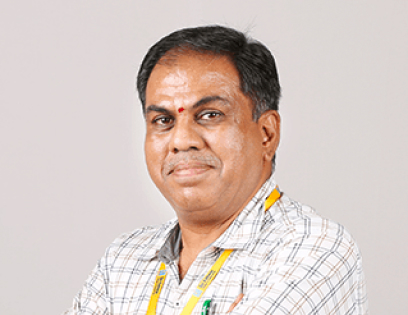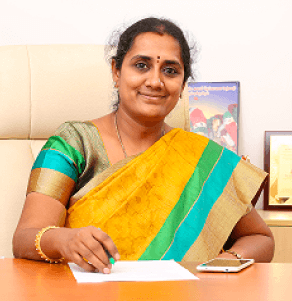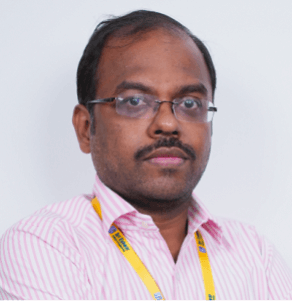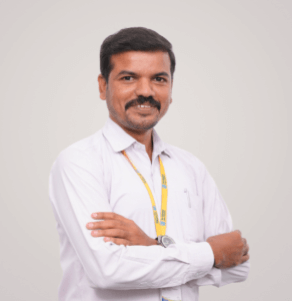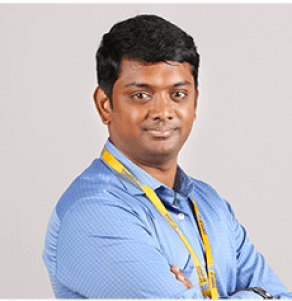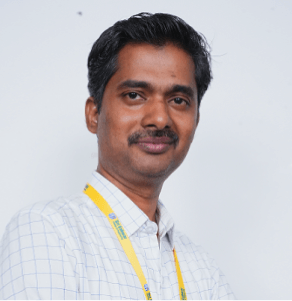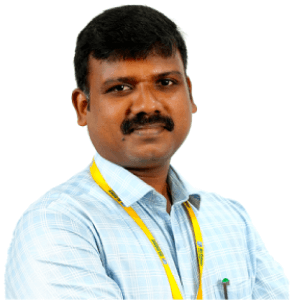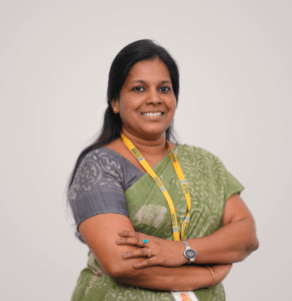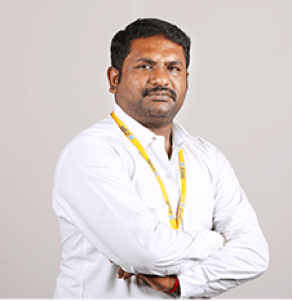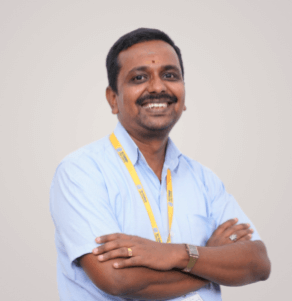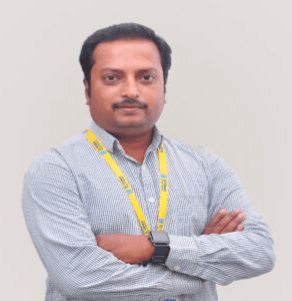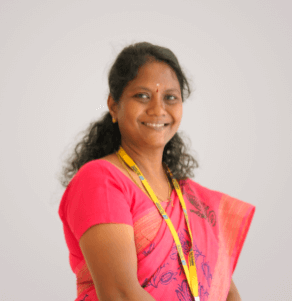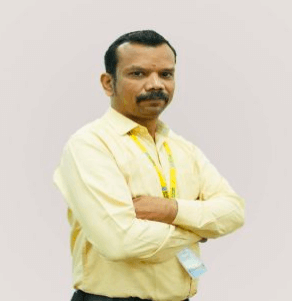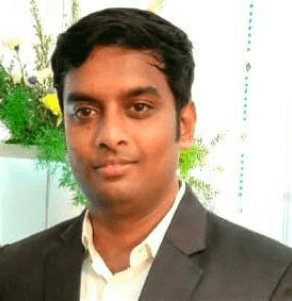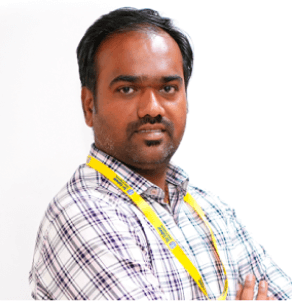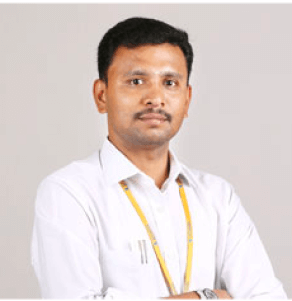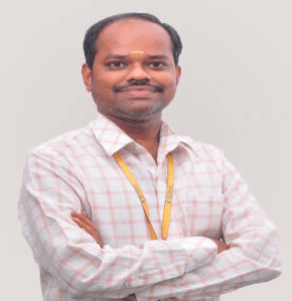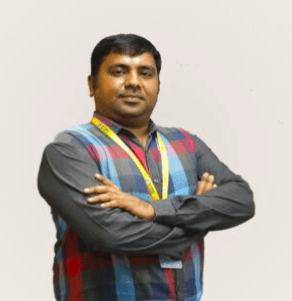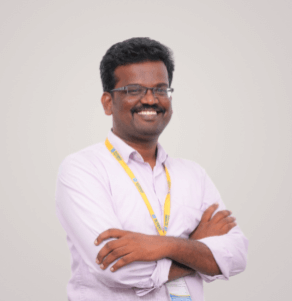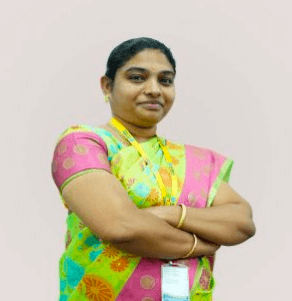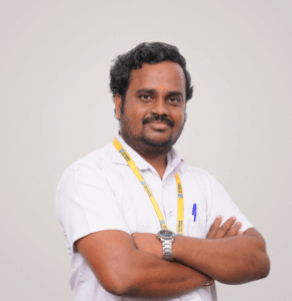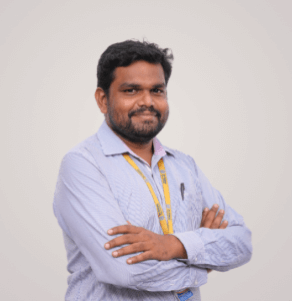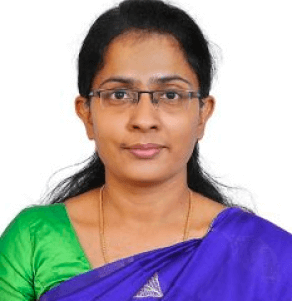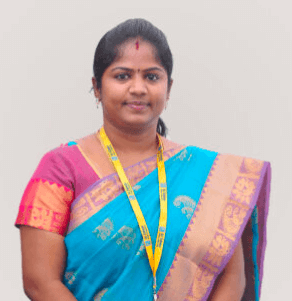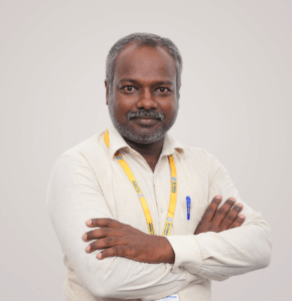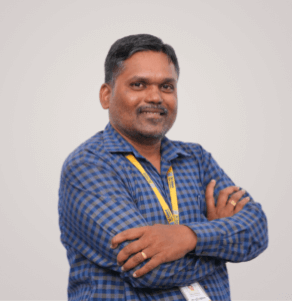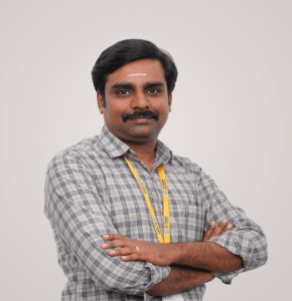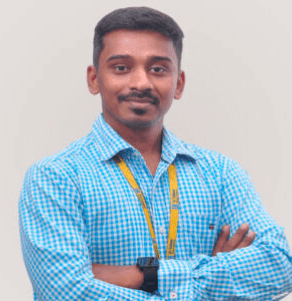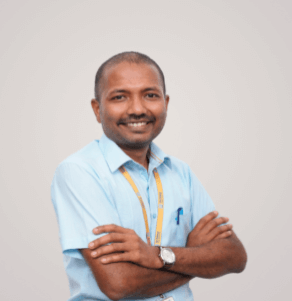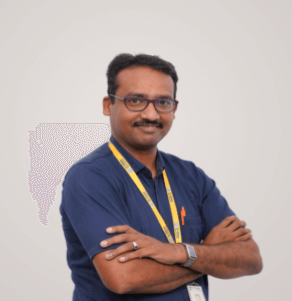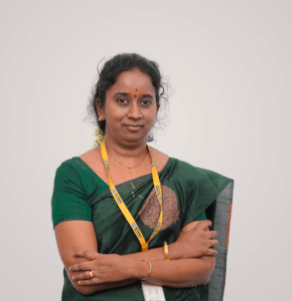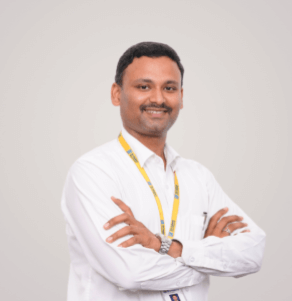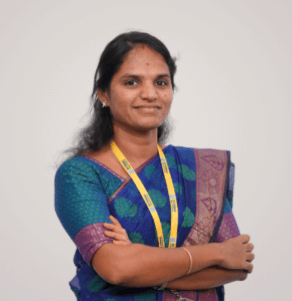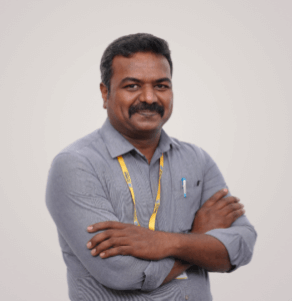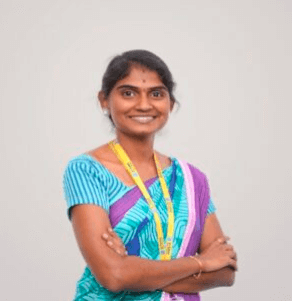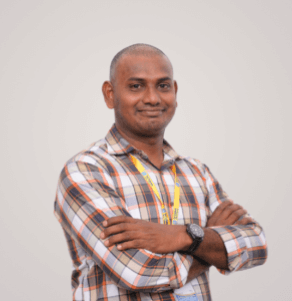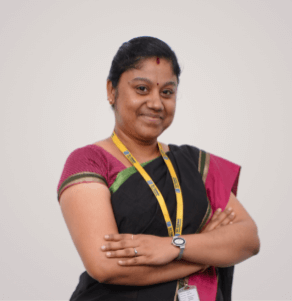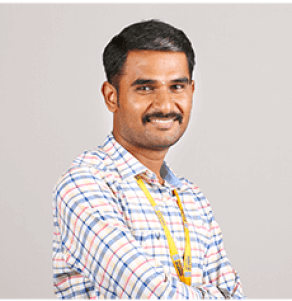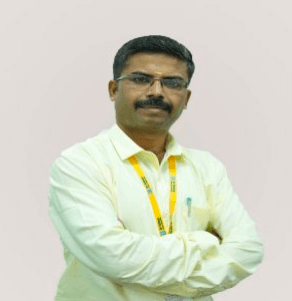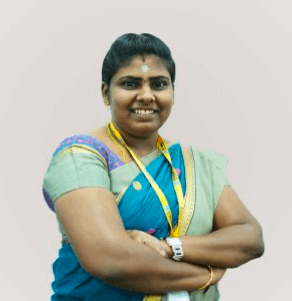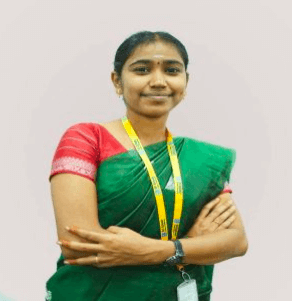Electronics & Communication Engineering
Creating a seamlessly connected world
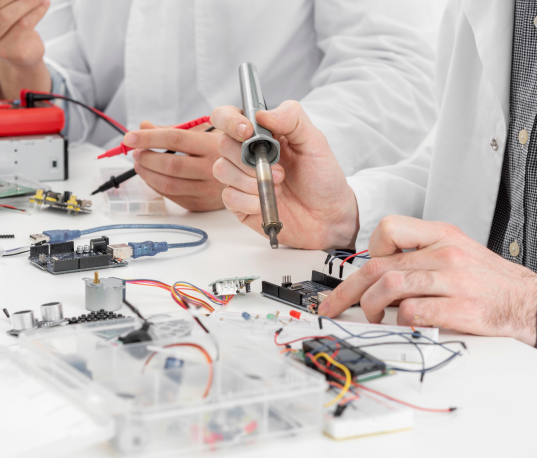
Programme Scope

Over the last decade, electronics and communication systems have become an integral part of our lives like never before. The modern-day sophistication enjoyed by the common public, like smart phones, incredibly thin computing devices, Ultra HD Television systems, interconnected wireless nodes, etc., is the outcome of innovations of world’s best electronic and communication engineers.
The technological advancements in this field has shrunk the distance between continents, making international video conferencing an affordable one for even a common citizen. The super strong combination of IOT+Cloud+Data, has positioned the electronics and communication industry on an unmatching and rapid growth path, creating huge opportunities for young engineers.
Learning Scope
With highly qualified and experienced faculty members, the ECE program of Sri Eshwar provides the students with very strong exposure to topics including Electronic Devices and Circuits, Digital Systems, Antennas, Communication Systems, Embedded Systems, Signal Processing, VLSI Technology, Wireless Communication, softwre technologies.
In addition, the students are provided with exposure to new technologies like Artificial Intelligence, IoT, Machine Learning and latest EDA tools.
Career Progression Scope
With the Central Government’s “Make in India” policy, the electronic manufacturing industry is poised to have exponential growth in India in the next decade and the ECE students will have abundant opportunities to contribute to that growth. The field of ECE is emerging as one of the most prominent fields of engineering studies with substantial demand for ECE engineers all over the world. Upon acquiring the core competencies in electronics and communication engineeringand latest EDA tools the students will be able to start their career as embedded engineers, electronics design engineers, Network engineers, Software developers, System Control Engineer, Electronics desing and development engineer, Electronics Engineer.
4 years
curriculum
180 Seats
Intake
100%
Students placed (2022-2023)
Industry Powered
Laboratories
Laboratories
Industrial Powered Laboratories
Events Organized
Consultancy
Magazine
Student List
Laboratories
Communication Lab
Microwave Lab
Networking Lab
VLSI Lab
DSP Lab
Digital Electronics Lab
Analog Electric Circuits Lab
Electronic Circuits Lab
Electronic Devices Lab I & II
Microprocessor Lab
IoT Lab
Makerspace (Project Lab) and Incubation Center
PG Simulation Lab
Industrial Powered Laboratories
Texas Instruments Powered Analog Systems Design Lab
Texas Instruments Powered Embedded Systems Lab
National Instruments Powered Labview Academy
CISCO Powered Networking Lab.
BahwanCyberTek Powered IoT lab
Events Organized
Consultancy
Magazine
Student List
Vision
- To groom students into futuristic and globally competent Electronics and Communication Engineering professionals.
Mission
We will achieve the mission by,
- Imparting quality education with moral and ethical values to develop competent engineers, leaders and successful entrepreneurs
- Establishing state-of-art infrastructure and provide opportunities to update on emerging tools and technologies
- Progressing towards excellence in teaching – learning, consultancy, research and development activities
- Fostering socially relevant and industry oriented innovative project development culture among students
Program Details
Program Educational Objectives (PEO)
- PEO 1: Pursue career in multinational organizations, higher studies at premier institutions and to establish start-ups
- PEO 2: Acquire core competencies in Electronics and Communication Engineering and latest Electronic Design Automation (EDA) tools
- PEO 3: Exhibit professional skills and collaborative work experience
Program Outcomes (PO)
- PO1: Engineering knowledge: Apply the knowledge of mathematics, science, engineering fundamentals, and an engineering specialization to the solution of complex engineering problems.
- PO2: Problem analysis: Identify, formulate, review research literature, and analyze complex engineering problems reaching substantiated conclusions using first principles of mathematics, natural sciences, and engineering sciences.
- PO3: Design/development of solutions : Design solutions for complex engineering problems and design system components or processes that meet the specified needs with appropriate consideration for the public health and safety, and the cultural, societal, and environmental considerations.
- PO4: Conduct investigations of complex problems: Use research-based knowledge and research methods including design of experiments, analysis and interpretation of data, and synthesis of the information to provide valid conclusions.
- PO5: Modern tool usage: Create, select, and apply appropriate techniques, resources, and modern engineering and IT tools including prediction and modeling to complex engineering activities with an understanding of the limitations.
- PO6: The engineer and society: Apply reasoning informed by the contextual knowledge to assess societal, health, safety, legal and cultural issues and the consequent responsibilities relevant to the professional engineering practice.
- PO7: Environment and sustainability: Understand the impact of the professional engineering solutions in societal and environmental contexts, and demonstrate the knowledge of, and need for sustainable development.
- PO8: Ethics: Apply ethical principles and commit to professional ethics and responsibilities and norms of the engineering practice.
- PO9: Individual and team work: Function effectively as an individual, and as a member or leader in diverse teams, and in multidisciplinary settings.
- PO10: Communication: Communicate effectively on complex engineering activities with the engineering community and with society at large, such as, being able to comprehend and write effective reports and design documentation, make effective presentations, and give and receive clear instructions.
- PO11: Project management and finance: Demonstrate knowledge and understanding of the engineering and management principles and apply these to one’s own work, as a member and leader in a team, to manage projects and in multidisciplinary environments.
- PO12: Life-long learning: Recognize the need for, and have the preparation and ability to engage in independent and life-long learning in the broadest context of technological change.
Program Specific Outcomes (PSO)
- PSO1: Interpret and design systems using Internet of Things (IoT)
- PSO2: Apply knowledge to solve problems in communication networks and improve efficiency
- PSO3: Implement efficient signal processing algorithms in real time systems
Curriculum & Syllabus
UG Regulations – 2023
UG Regulations – 2019
UG Regulations – 2017
UG Regulations – R2019
Faculty Profile
Professor & Principal
Professor & Dean IQAC
Professor
Professor
Professor
Professor
Associate Professor
Associate Professor
Associate Professor
Assistant Professor
Assistant Professor
Associate Professor
Head-OSA & Associate Professor
Associate Professor
Assistant Professor (Sl. Gr.)
Assistant Professor (Sl. Gr.)
Assistant Professor
Assistant Professor
Assistant Professor
Assistant Professor (Sl. Gr.)
Assistant Professor (Sl. Gr.)
Assistant Professor (Sl. Gr.)
Assistant Professor (Sl. Gr.)
Assistant Professor (Sl. Gr.)
Assistant Professor (Sl. Gr.)
Assistant Professor (Sl. Gr.)
Assistant Professor (Sl. Gr.)
Assistant Professor (Sl. Gr.)
Assistant Professor (Sl. Gr.)
Assistant Professor (Sl. Gr.)
Assistant Professor (Sl. Gr.)
Assistant Professor (Sl. Gr.)
Assistant Professor (Sl. Gr.)
Assistant Professor (Sl. Gr.)
Assistant Professor (Sl. Gr.)
Assistant Professor (Sl. Gr.)
Assistant Professor (Sl. Gr.)
Assistant Professor
Assistant Professor
Assistant Professor
